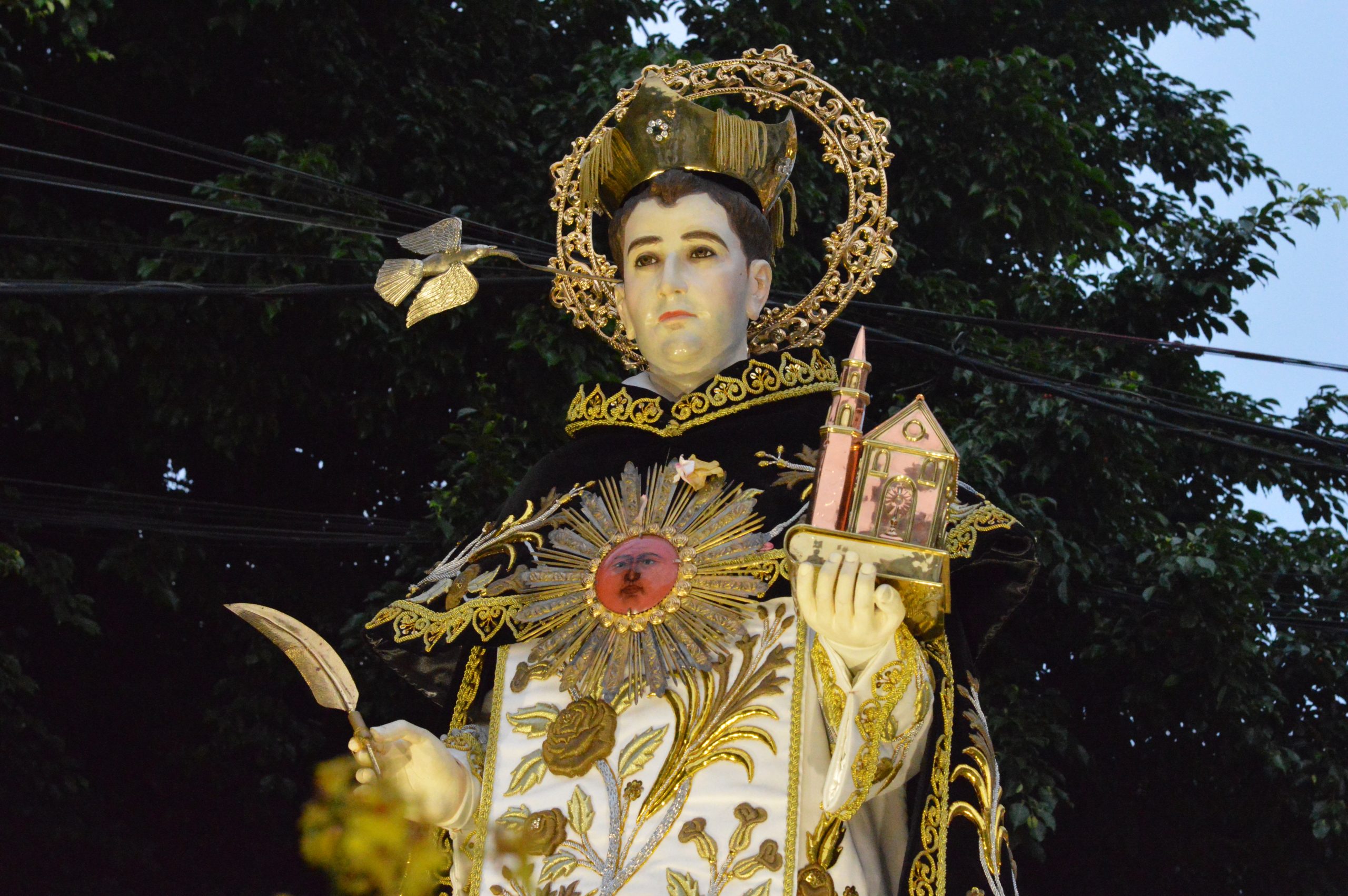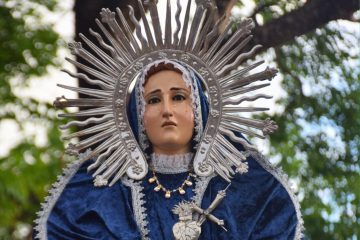MANY LICENSURE exam takers pray to St. Jude, the patron of hopeless cases, light candles and hear masses every Thursday in the church dedicated to him in Manila.
Some people are skeptical of these practices, citing the need to study harder than rely on what cannot be proven. But others argue that purely empirical and inferential methods of studying are never enough and that one should also cling to some beliefs.
However, for St. Thomas Aquinas, the patron of UST whose feast is celebrated every Jan. 28, it was never a question of whether inexplicable beliefs are stronger than human intelligence, but rather a recognition of the co-existence of faith and science.

St. Thomas has numerous titles recognizing his stellar wit, commitment to faith, and high regard for science. He was a lot of things: he was a philosopher, a theologian, a priest and one of the greatest minds of his time. He is a Doctor of the Church and the patron saint of students, Catholic schools and pencil makers. Since he is highly regarded even by non-Catholics, his sainthood is easy to remember but his humanity is easy to forget.
But St. Thomas was once just like a Thomasian.
Difficulties
As a student, St. Thomas had traits that made him remarkable during his time at the University of Paris. He embodied curiosity and perseverance to learn, questioned assumptions and blended faith with reason seamlessly while remaining humble and open to feedback.
However, just like college students today, St. Thomas experienced difficulty grasping some concepts.
UST Faculty of Arts and Letters Regent Fr. George Phe Mang, O.P. explained that St. Thomas found some concepts in philosophy challenging at first.
“His efforts to reconcile Aristotelian philosophy with Christian theology became a central theme in his intellectual pursuits,” Phe Mang told The Flame.
But later on, according to Phe Mang, the saint was able to synthesize Aristotle’s philosophy and Christian theology, which became his “significant contribution” to the Church.
Bullied
In the course of his academic career, he never failed a class. Yet his peers did not quite recognize him as an exceptional figure of the academe. They referred to him as a “dumb ox” due to his calm manner and large physique, which they took to mean that he was slow-witted. Some writers claimed that he was overweight, shy and quiet.
The saint defied those expectations as foretold by a respected friar in the Dominican order. St. Albert the Great, his teacher, saw the unlimited potential of St. Thomas and knew he was bound for greatness.
“You call him the dumb ox, but in his teaching, he will one day produce such a bellowing that it will be heard throughout the world,” St. Albert told St. Thomas’s classmates.
“Thomas Aquinas went on to become one of the most influential philosophers and theologians in the Catholic tradition[…] The support and mentorship of Albert the Great played a crucial role in fostering Aquinas’s intellectual development and ultimately challenging the initial perception of him as a ‘dumb ox,’” Phe Mang said.
Phe Mang added that in a wide roster of classical, medieval, and postmodern intellectual thinkers who shaped the understanding of the world through reasons and ideas, St. Thomas manages to shine through.
“His synthesis of faith and reason, systematic approach to theology, and enduring impact on philosophy and theology collectively distinguish him as a towering figure in intellectual history,” he said.
Even though many of his contemporaries thought that Aristotelian philosophy threatened theology, St. Thomas remained unfazed. He eliminated the contradiction between philosophy and religion and made it possible for their complex natures to merge together to further enhance the’ understanding of God as opposed to defying one to emphasize the other.
The saint’s dedication to God and his work propelled significant philosophical inquiries.
“The catalyst for St. Thomas Aquinas to serve God and his people was his religious vocation, exemplified by his decision to join the Dominican order amid the objection of his family and his subsequent dedication to a life of prayer, study, and intellectual inquiry within the framework of his faith,” Phe Mang said.
Today, academic-merit scholarships and excellence awards in UST are named after St. Thomas Aquinas, to inspire students to embody his excellence and scholarly values as they pursue greater knowledge. F – J. A. Bagas, V. Pagaduan VII and V. Peralta



